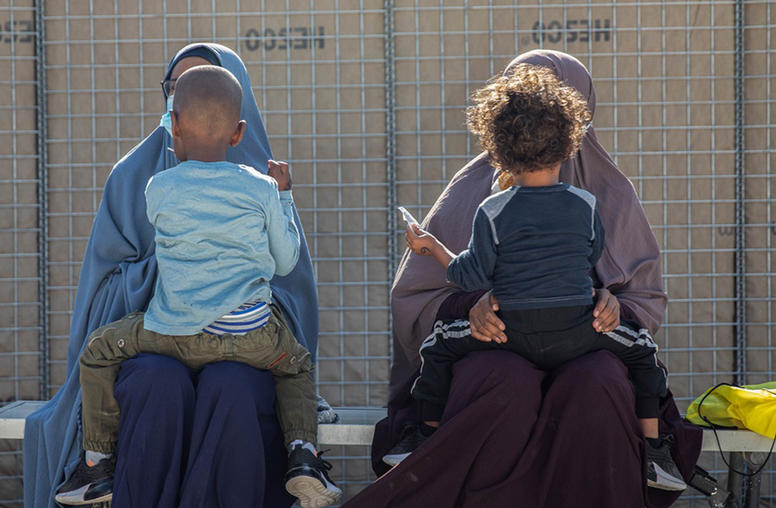Raqqa After the Islamic State: Governance Challenges in Post-ISIS Syria
With the self-proclaimed Islamic State’s hold on Syrian territory vastly diminished, the campaign to defeat the Islamic State (ISIS) enters a new phase. The fall of Raqqa—the capital of ISIS’ self-proclaimed caliphate—marked a powerful strategic and symbolic loss for the extremist group. Yet the success of the counter-ISIS campaign will ultimately be determined not by battlefield wins, but instead by what follows. On November 29, the U.S. Institute of Peace held a discussion on the complex governance challenges in Raqqa and how the United States and the international community can constructively address them.
In a recent USIP Special Report, Mona Yacoubian, senior advisor for Syria, the Middle East and North Africa at the Institute, examines the critical governance challenges in Raqqa after the Islamic State. Her report highlights the ethnic, tribal, and strategic complexities that will affect this new phase. To sustain security in the territories freed from ISIS, a broad approach to stabilization will be vital. That approach will have to ensure effective and inclusive governance that is responsive to the needs of the local population.
Continue the conversation on Twitter with #RaqqaUSIP.
Speakers
Sarhang Hamasaeed, Moderator
Director, Middle East Programs, U.S. Institute of Peace
Hassan Hassan
Senior Fellow, The Tahrir Institute for Middle East Policy
Nicholas A. Heras
Middle East Security Fellow, Center for a New American Security
Mona Yacoubian
Senior Advisor, Syria, Middle East and North Africa, U.S. Institute of Peace



